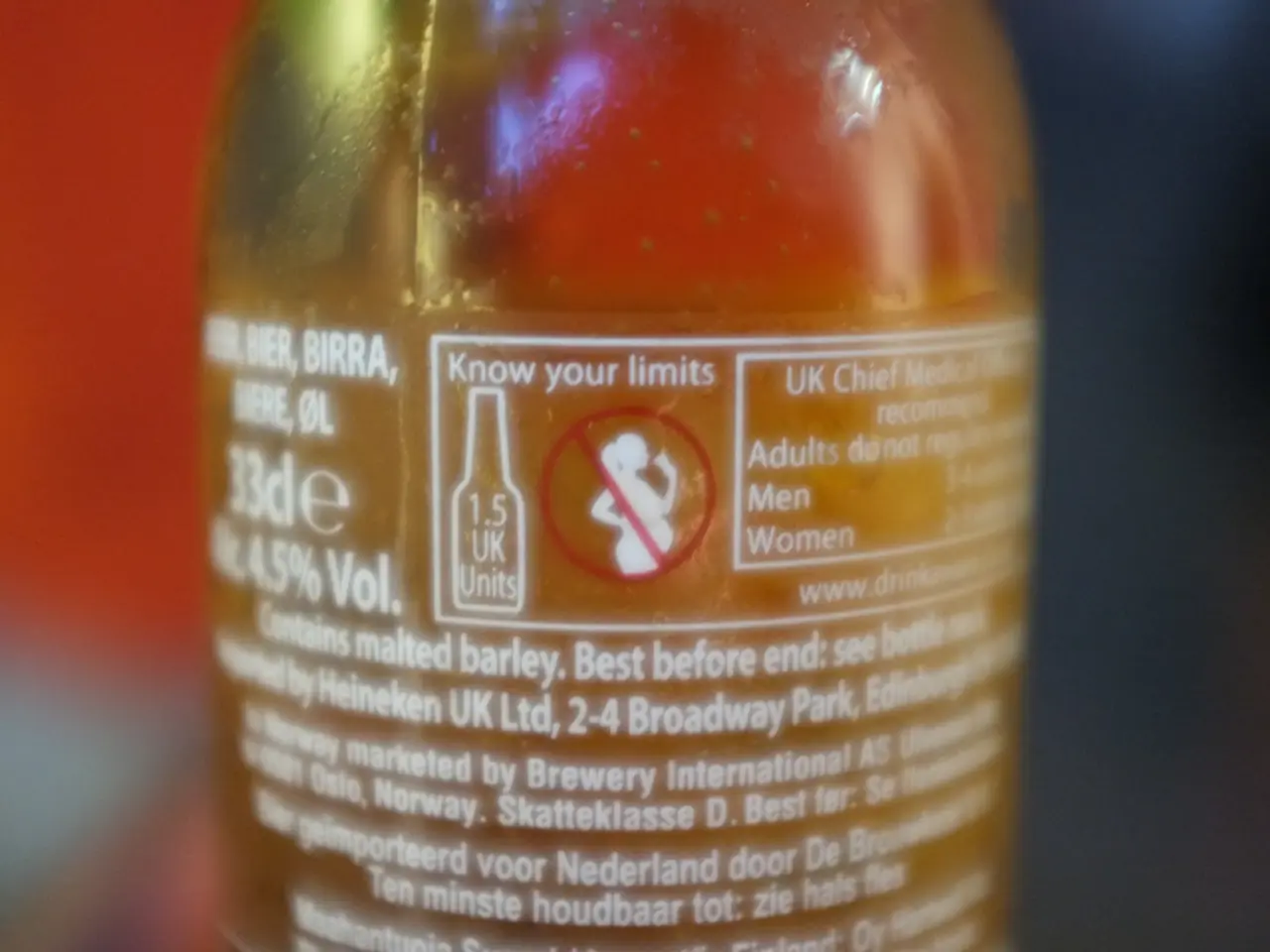Crestor Interactions: Insights on Compatibilities with Vitamins, Alcohol, and Other Substances
Crestor, a medication prescribed for reducing certain heart-related risks and lowering triglyceride and cholesterol levels, comes with important considerations for its use. Here are some key points to keep in mind.
First and foremost, Crestor is contraindicated in patients with active liver disease, hypersensitivity to the drug, pregnancy, and breastfeeding. Patients with a history or risk of myopathy or rhabdomyolysis should also exercise caution, as rosuvastatin can cause serious muscle toxicity, especially at high doses.
Certain medical conditions and factors may increase the risk of interactions with Crestor. These include liver problems, underactive thyroid, age 65 years or older, kidney problems, Asian ancestry, pregnancy, breastfeeding, allergic reaction, and alcohol consumption.
When it comes to drug interactions, Crestor interacts with several medications. It is important to avoid taking Crestor with certain antacids, such as those containing aluminum and magnesium hydroxide, as these can make Crestor less effective. Crestor also interacts with fibrates, like fenofibric acid, fenofibrate, and gemfibrozil, which can increase the risk of severe muscle problems as a side effect of Crestor and fibrates.
Additionally, Crestor interacts with niacin (Niacor), particularly at high doses, which can increase the risk of severe muscle problems as a side effect of Crestor. There are no specific reports of herbs, food, vitamins, vaccines, or cannabis (marijuana) and cannabis products, such as cannabidiol (CBD), interacting with Crestor, but it's always important to check with a doctor or pharmacist before taking any additional medications, supplements, or substances during Crestor treatment.
If you have questions about drug interactions that may affect you, it's crucial to ask your doctor or pharmacist for guidance. Always provide them with a complete list of medications you are currently taking to ensure safe and effective treatment with Crestor.
Deciders should consider the potential drug interactions between Crestor and antacids containing aluminum and magnesium hydroxide, as well as fibrates like fenofibric acid, fenofibrate, and gemfibrozil, which can increase the risk of severe muscle problems. Health-and-wellness enthusiasts aiming for cardiovascular health should also be aware that certain medical conditions, such as liver problems, underactive thyroid, age 65 years or older, kidney problems, Asian ancestry, and alcohol consumption, may increase the risk of interactions with Crestor. Fitness-and-exercise enthusiasts with a history or risk of myopathy or rhabdomyolysis should exercise caution while using Crestor, as rosuvastatin can cause serious muscle toxicity, especially at high doses. Nutritionists should counsel patients with hypertension, as Crestor is prescribed for reducing certain heart-related risks and lowering triglyceride and cholesterol levels. Patients with medical-conditions like active liver disease, pregnancy, breastfeeding, and hypersensitivity to the drug should avoid taking Crestor, as it is contraindicated in these cases.




